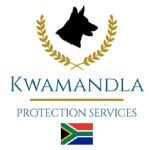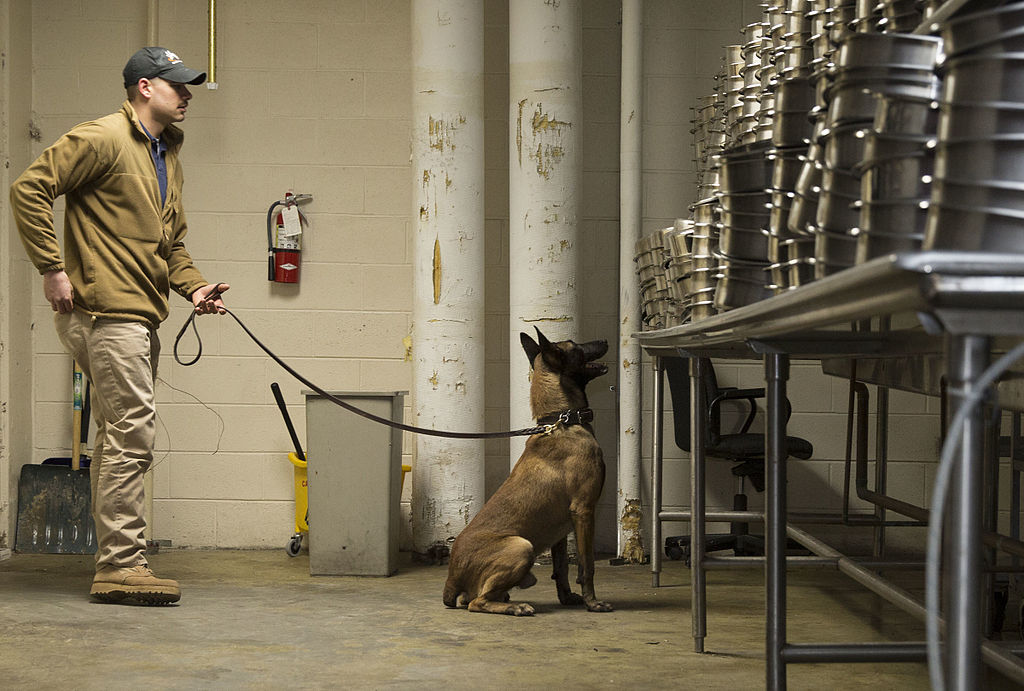In the world of narcotics enforcement, dogs aren’t just helpers — they’re frontline defenders. Their scenting ability, 100,000 times more sensitive than ours, makes them ideal partners in unmasking drugs across airports, borders, and cargo hubs. But it’s not magic — it’s methodical training and careful handling that turn these dogs into reliable detection tools.
How Detection Dogs Are Trained
Training starts simply. Handlers pair the scent of a narcotic—like cocaine or heroin—with a favourite toy. Dogs quickly learn that locating the scent leads to reward. Over time, training grows more complex: hidden samples, crowded areas, and real-world distractions. When a dog detects the target scent, it alerts its handler by sitting, freezing, or gently pawing.
Adapting to Evolving Drug Hiding Techniques
Criminals constantly change tactics, hiding drugs in coffee, fuel tanks, or inside walls. But well-trained K9 units adapt quickly. They’re taught to generalize scent detection, making them less likely to be fooled by distractions or new concealment methods. This agility keeps law enforcement one step ahead.
Health Risks and Safety Measures for Dogs
While effective, detection work comes with risks. Potent synthetic drugs like fentanyl can be toxic, even in minute amounts. To reduce exposure, some dogs are trained to alert passively — by sitting or standing — rather than pawing or biting. Handlers use paw protection, nose filters, and avoid high-risk contact zones. Decontamination protocols and routine vet checkups further protect the dogs’ health.
Trusted in the Field
K9 units are now routine in cargo checks, roadside stops, and customs inspections. In passive mode, dogs alert quietly, making them suitable for use around civilians. Many handlers say the dogs become trusted partners, not just tools. Their bond enhances accuracy and builds calm confidence during high-stress operations.
Unmasking Drugs, Preventing Harm
Unmasking drugs isn’t just about finding contraband—it’s about stopping harm before it spreads. K9 teams help build reliable legal cases by locating substances without contamination. Their speed means more ground gets covered in less time, and their instinct means fewer false positives than most tech alternatives.
From sniffing parcels to searching luggage, detection dogs remain unmatched in their field. Quiet and efficient, they continue to protect communities through discipline, instinct, and years of training.

